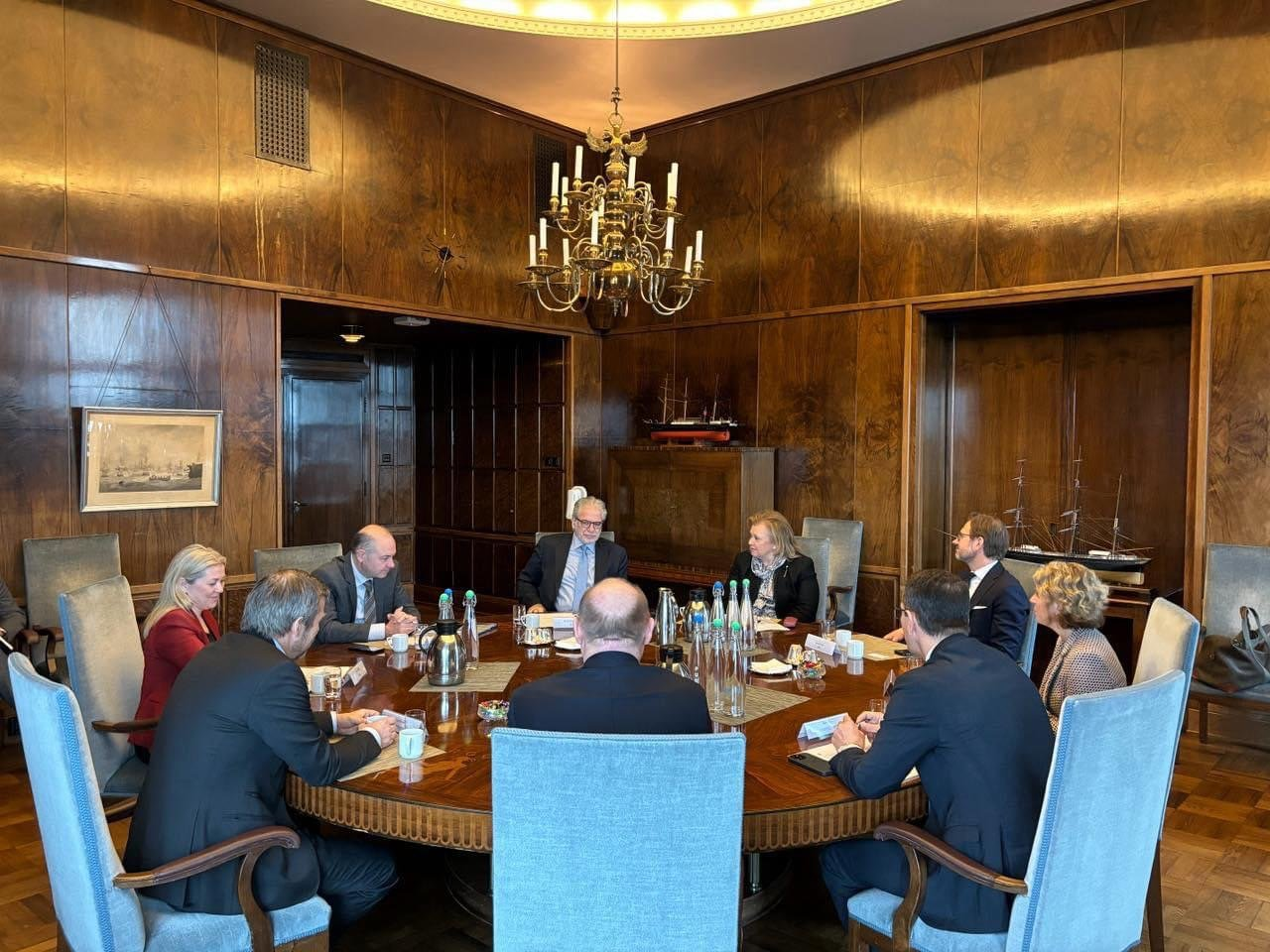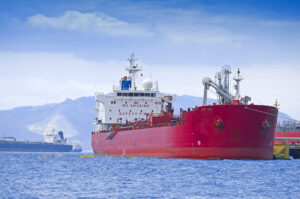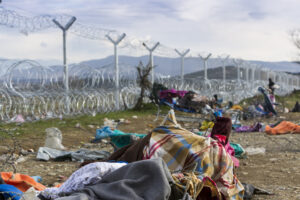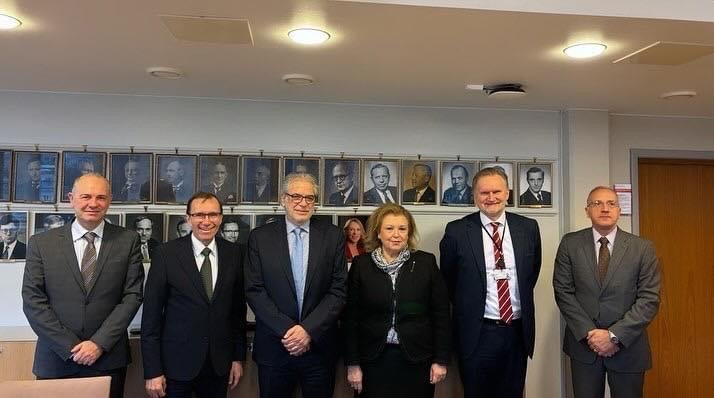
“Norway and Greece; we are maritime people by DNA”, stated Greece’s minister of shipping, Christos Stylianides, at a roundtable discussion on climate and geopolitics with leaders from the Norwegian maritime industry.
The official visit of the Minister to Oslo, Norway, from April 9 to 11, was based on the fact that these are two countries with a long tradition in shipping matters and with very good cooperation in the context of International Maritime Organization (IMO).
Sustainable shipping, upgrade of port infrastructure and “blue economy,” were at the center of the talks of the minister Christos Stylianides, in Oslo.
The main objective of the visit was to strengthen the cooperation between Greece and Norway at the bilateral level and in international organizations, with the aim of acting together as catalysts in the upcoming negotiations both with third countries and between the European Union and the IMO.
At the heart of the Minister’s meetings with Norwegian government officials and maritime leaders were the challenges and opportunities related to the decarbonisation and “green transition” of shipping as well as the need to adopt an integrated approach to promoting a sustainable “Blue Economy” as an essential factor of European competitiveness.
In particular, the Minister met with the Minister of Foreign Affairs of Norway Espen Barth Eide and the Minister of Fisheries and Ocean Policy Cecilie Myrseth.
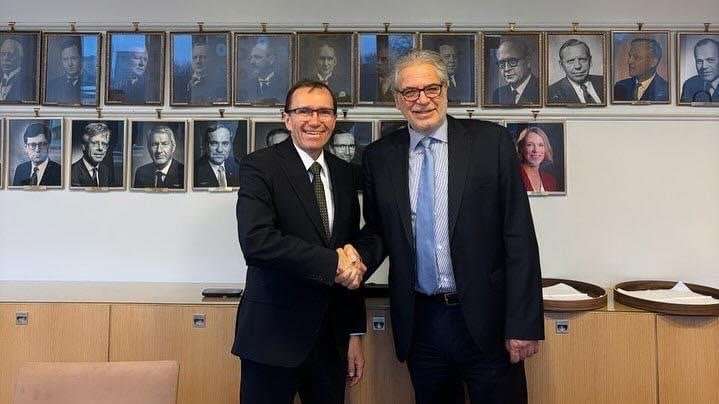
He also visited the headquarter offices of the Norwegian Register (DNV) and participated in a roundtable discussion with the President and members of the Norwegian Shipowners’ Association as well as the local shipping “cluster”.
Finally, he visited the port of Oslo where he was informed and exchanged views with members of the local management body.
In the meetings held in a very good atmosphere, the need to adopt a global market-oriented measure for traditional fuels which is a common European position, was also discussed.
At the same time, the ways of promoting “green port infrastructure” and the energy transformation of ports were discussed, as well as attracting young people to the maritime profession and upgrading the skills of the human resources.
Finally, ways of adapting to the rapid technological progress and the utilization of financial programs were also examined.

